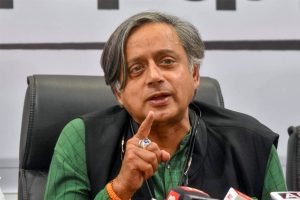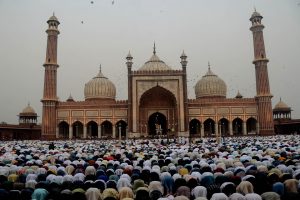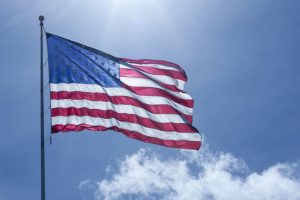Pro-Khalistani leader Hardeep Singh Nijjar was shot dead in the Punjabi-dominated city of Surrey, Canada. As discussions about this incident fill the online space, let’s take a closer look at Nijjar’s family background.
Originally hailing from Bhar Singh Pura in Jalandhar, Punjab, Nijjar comes from a family that has a history of land ownership and engaged in agricultural and animal rearing activities. Although they moved to Canada permanently some time ago, Nijjar’s family still maintained a strong connection to their ancestral village, often visiting to reconnect with their roots. Villagers recall seeing them in their family home just before the Covid lockdown measures were put in place.
Advertisement
A Punjab government order in 2020 revealed that a significant portion of Nijjar’s land in his village, along with land in Khankot village and Sultanwind Bhainiwal belonging to Gurpatwant Singh Pannun, the founder of Sikhs for Justice (SFJ), had been seized. SFJ is a separatist organization established in 2009.
Born on October 11, 1977, Nijjar, known among his friends by his last name, had affiliations with various organizations, including Babbar Khalsa International (BKI) and Khalistan Tiger Force (KTF). Despite his occupation as a plumber, Nijjar secured an uncontested election as the leader of the Guru Nanak Sikh Gurudwara in Surrey, Canada.
Nijjar had faced legal troubles in the past. In 2010, the Punjab Police filed a First Information Report (FIR) against him for his alleged involvement in an explosion near the Satya Narayan temple in Patiala. Additionally, in 2015, another FIR was filed against him for allegedly plotting to assassinate religious leaders.
In 2016, he faced another FIR for organizing a training camp in Canada in December 2015. In 2015 and 2016, Lookout Circulars (LOC) and Red Corner Notices (RCN) were issued against him. However, despite a brief detention by Canadian authorities in April 2018, no charges were pressed, and he was subsequently released.
During an interview with a Vancouver-based channel, Nijjar vehemently denied any involvement in terrorist activities. He emphasized that he had resided in Canada for over three decades and had dedicated himself to volunteering as a “sewadar” at a gurdwara in Vancouver. Nijjar firmly believed that he had been unjustly targeted and dismissed all the accusations leveled against him.
















